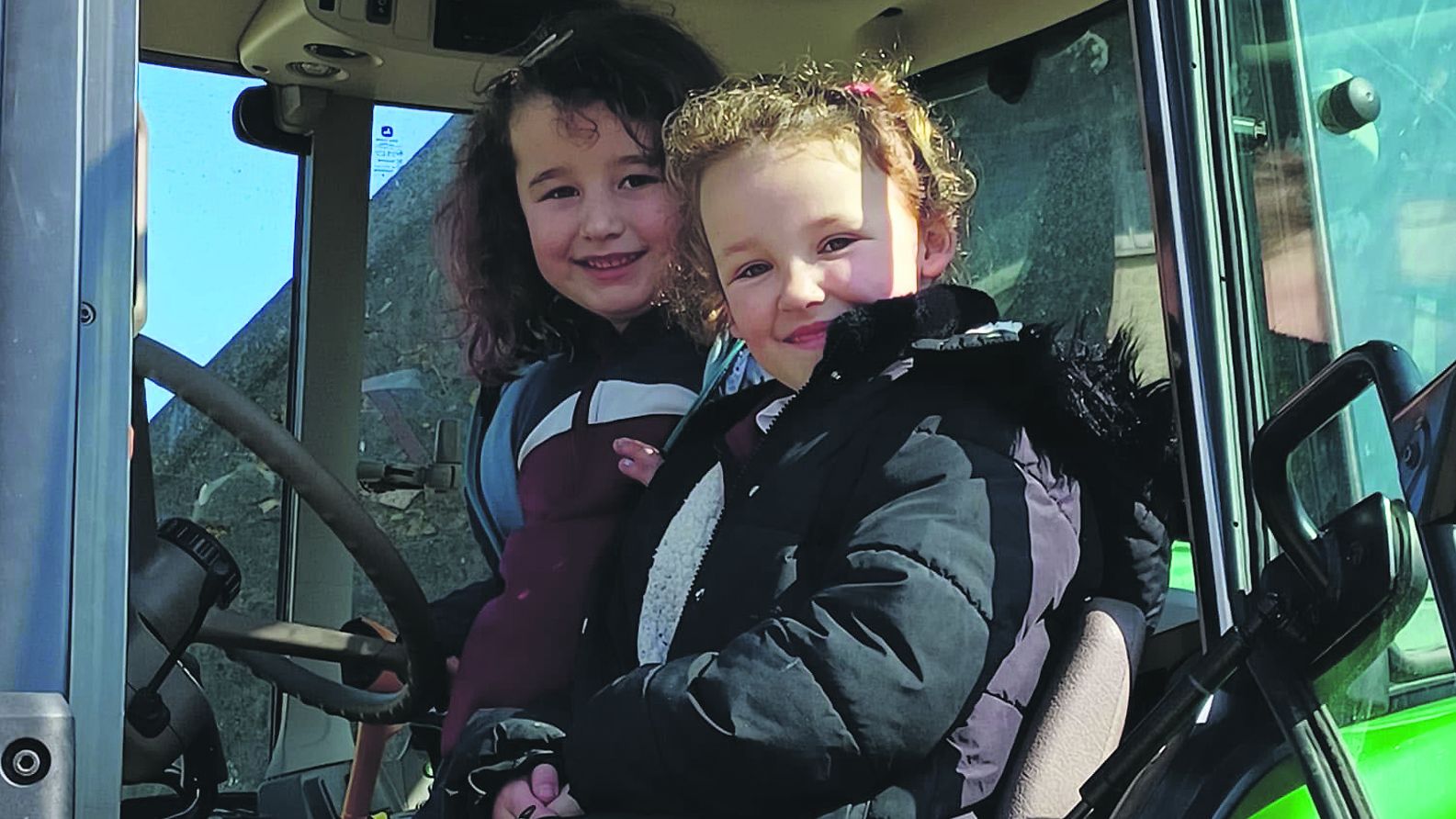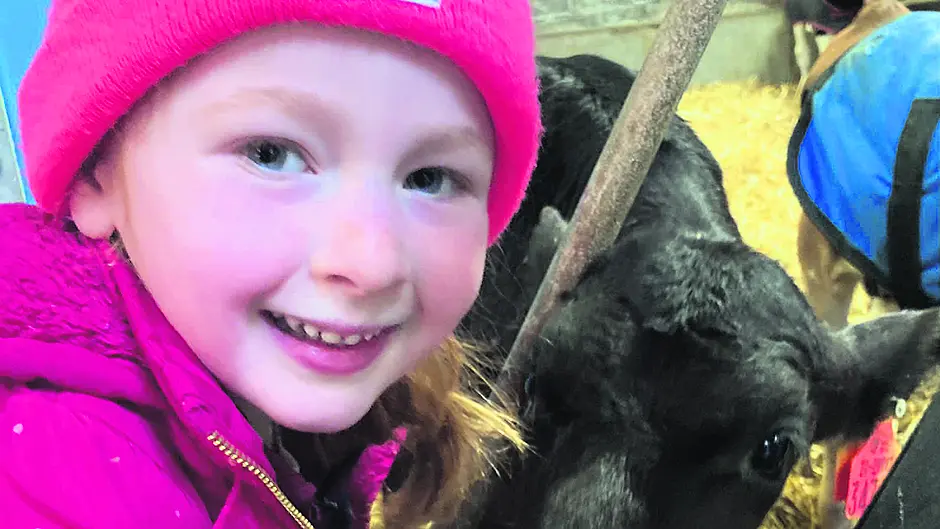Some local primary schools were thrilled when they recently got a fun-filled lesson in agriculture and an indepth tour of the extensive college at Darrara
TEAGASC Clonakilty Agricultural College recently hosted hundreds of West Cork primary school pupils in an initiative designed to teach them about food production and biodiversity.
And according to Karen O’Connell, assistant principal, the event was such a success they had to run it twice.
‘The idea was inspired by the recent successes of both the AgriAware and college open days,’ explained Karen.
‘Local national schools were invited to visit us and see what happens on a busy farm in the spring time. Over the course of two days more than 450 national school children aged between four and 12 years old from 10 schools including ASD units came to the farm.
‘They were shown around and saw the milking parlour, calving area, newborn calves, machinery section, sheep and lamb unit, beef unit and our cow room where they heard all about the food that is produced by farmers and got to experience our simulator cow,’ she said.
 Rosie Harte, junior infants Timoleague National School on her visit to Darrara College.
Rosie Harte, junior infants Timoleague National School on her visit to Darrara College.The youngters also learned about the jobs and activities that happen on farm, the importance of biodiversity and there was a huge emphasis put on staying safe on the farm.
‘The children, many of whom had never previously been on a farm, got to touch, feel, hold and smell the different animals, see what the animals eat and drink and discover the many ways in which farmers contribute to the food they eat.
‘They hopped up on tractors and gators and found the horns!
‘The sun shone on both days and many, many interesting questions were posed and answered. Things like: Are there tigers on the farm? How long are chicken legs? How much wool does a sheep have? Which is the biggest tractor? How big are cow’s ears? Why are cows different colours? How do the mammy sheep know their babies?
Clóna Milk sponsored milk for the children at the end of the visit. Schools involved were Darrara, Timoleague, Clogagh Knockskeagh, Barryroe, Scoil na mBuachaillí, St Joseph’s Girls Ballinadee, Kilbrittain ASD unit and Lisavaird school.
WHAT THEY FOUND DOWN ON THE FARM ….
OUTSIDE of hosting school kids, the college farm is incredibly busy across various systems, with innovative research also underway.
It comprises 114 hectares of rolling lowland is south-facing and is ideal for growing early grass. It has an average grazing season of over 300 days.
The soil type varies from mostly light loam to gley soils along the southern and eastern boundaries. Elevation ranges from 25 to 70m above sea level.
The farm units give its 450 students a hands-on approach to learning.
It is run to maximise profit and to reflect the practices adopted on commercial farms as well as being a Teagasc Animal & Grassland Research Farm for the past seven years.
 Joyce Foley and Ava Sweeney from Timoleague NS checking out the machinery.
Joyce Foley and Ava Sweeney from Timoleague NS checking out the machinery.The dairy enterprise is run on 88 hectares. It has a fully automatic 20-unit sequential bailing milking parlour, drafting and auto calf feeding facilities. The dairy cows are 100% spring-calving totalling 200 dairy cows during the main milking season.
In conjunction with Teagasc Moorepark’s animal, grassland and innovation programme the college is at present examining the implications for grazing tetraploid and diploid grass swards, with and without clover using two rates of nitrogen.
The drystock enterprise extends to 24 hectares. The mixed cattle and sheep unit follows a development plan in conjunction with Teagasc’s drystock specialists. Currently, the continental – crossbred suckler herd has 24 adult females with the progeny reared to finishing weights at two years
In 2019 the college re-introduced a dairy calf to beef enterprise to run alongside the suckler calf-to-beef.
The college is also part of the Signpost programme which is a multi-annual campaign to lead climate action by all Irish farmers. The programme aims to achieve early progress in reducing gaseous emissions from Irish agriculture and also: improve water quality, maintain and in some cases improving bio-diversity and reduce costs and create more profitable and sustainable farming enterprises.









